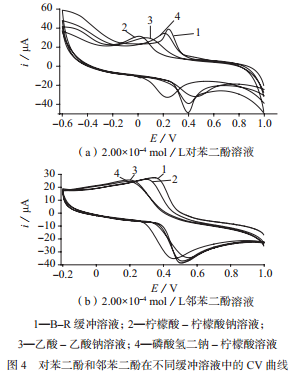2020年9月28日上午,第届第十七届中国南京国际科学仪器及实验室装备展览会在南京隆重举办,中国装备展览中诚北京北方伟业计量技术研究院已准时到场,南京等候您的国际莅临,展位号为a083。科学看现况
此次展会可谓是仪器验室邀观看点十足,足以让现场观众一饱眼福,及实进行没有亲临现场的场盛朋友们也不要遗憾,我们将会对此次盛会进行全方位的第届现场报道,带您共同领略展会盛况。中国装备展览中诚您可以点击下方视频,南京直击南京展会首日风采!国际
本次展览会是科学看现况由江苏省高校实验室研究会、江苏省科学仪器设备协会、仪器验室邀观江苏省分析测试协会、及实进行江苏省仪器仪表学会等共同主办。此次展会展览面积达20000 ㎡,超过10000 人次的专业人士到场参观。参展品牌来自美国、日本、德国、韩国等20 多个国家和地区,包括:安捷伦、美国哈希、岛津、赛默飞世尔、通用电气、国药集团、中电集团等著名品牌企业。参展范围包括分析测试仪器、生化、生命科学及微生物检测仪器、光学仪器及设备、食品和环境检测仪器等科学领域先进技术及产品,全方位的展示科学领域研发与应用的最新成果。
目前展会仍在如火如荼进行中,截止日期为9月30日,欢迎各位行业友人、新老客户前往展会现场与我们进行交流合作。也请您持续关注伟业官网(www.bzwz.com),后续会向您展示更多精彩内容。

【招聘】尽揽天下英才 共展奥科宏图

河北邢台: “沙河玻璃技工”劳务品牌带富3万余人,行业资讯

怎样拯救奇葩户型?装修设计务必参考这6个要点!

Tommy 22秋冬大片演绎时尚 绽放童年光彩

叮当猫亮相第二十二届中国国际玩具及教育设备展览会

守护家的防火防线,从装修材料抓起!

盐酸吡哆醇标准品:助力维生素B6相关研究

基于太赫兹辐射的精氨酸水溶液光谱分析及定量检测(二)

Maia Active 与 Salomon 联名 重塑女性户外美学

基于太赫兹辐射的精氨酸水溶液光谱分析及定量检测(二)

享裕安门窗获官方认可,成为“以旧换新 惠民驿站”支持商家!

杜塞尔多夫变成新“巴黎审判”,龙12与拉菲、作品一号、葛兰许等名庄并列

2024年06月份北京降旗时候

玻璃制品市场报告 2022玻璃制品行业前景及现状分析,行业资讯

纳米氧化锌修饰玻碳电极–电化学法测定水中的对苯二酚与邻苯二酚(二)